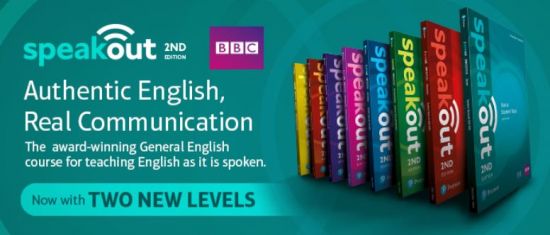Last updated 3/2022
MP4 | Video: h264, 1280×720 | Audio: AAC, 44.1 KHz
Language: English | Size: 633.98 MB | Duration: 0h 30m
Learn how to communicate in British Sign Language!
What you’ll learn
Understand some of the main reasons as to why regional variations of BSL exist.
Learn how to confidently produce numbers 1 to 100 in BSL.
Be able to recognise and produce a handful of different variations of numbers.
Be able to apply numbers signs to different contexts, such as telling the time and dates of the year.
Requirements
Students should take course 1 of ‘British Sign Language for Beginners’ before moving onto course 2.
Description
British Sign Language (BSL) is the primary language used by the Deaf community in the UK, and is used by over 150,000 people. Recognised as an official language in 2003, instead of sound, it is produced via movement of the hands, face and body.My name is Tom and I am an undergraduate studying English Language and Linguistics. I am also currently completing my level 3 qualification in British Sign Language. Though I am not fluent – meaning I am not at an interpreter’s level – I am proficient enough to teach you the topics included on this course.In this class, I will take you through some of the important fundamentals of BSL. We will cover:Regional variations – we discuss why many words in BSL have different variations depending on where you are in the UK.The numbers – we go through how to produce every number between 1 and 100.Dates of the year – this includes the months and seasons of the year, how to sign specific dates (e.g. 1st January), days of the week and more vocabulary such as yesterday and next week.Numbers in different contexts – we discuss how to use our number signs in various scenarios, such as telling the time and using money.This course is aimed at complete beginners who have completed course 1. However, please note that this course is only suitable for those interested in learning the sign language that is used in the UK. It is not suitable for those interested in learning other sign languages, such as American Sign Language (ASL) or Irish Sign Language (ISL), as these are vastly different.Thank you for reading and I hope you enjoy the class!
Overview
Section 1: Introduction
Lecture 1 Introduction
Section 2: How To Use This Course
Lecture 2 How To Use This Course
Section 3: Course 1 Recap
Lecture 3 PRACTICE – Course 1
Section 4: Regional Variations
Lecture 4 Regional Variations
Section 5: The Numbers
Lecture 5 The Numbers – 1-19
Lecture 6 The Numbers – 20-100
Lecture 7 PRACTICE – Receptive
Lecture 8 PRACTICE – Productive
Lecture 9 The Numbers – 1-19 (Alternatives)
Section 6: Dates Of The Year
Lecture 10 Dates Of The Year – Part 1
Lecture 11 Dates Of The Year – Part 2
Section 7: Additional Contexts For Numbers
Lecture 12 Telling The Time
Lecture 13 Money
Lecture 14 Age
Lecture 15 Ordinal Numbers
Section 8: Practice
Lecture 16 PRACTICE – Vocabulary
Lecture 17 PRACTICE – Conversation
Lecture 18 PRACTICE – Conversation (Subtitles)
Section 9: Conclusion
Lecture 19 Conclusion
Complete beginners who are interested in learning a new language.
Homepage
https://anonymz.com/?https://www.udemy.com/course/british-sign-language-for-beginners-course-2/











Reviews
There are no reviews yet.